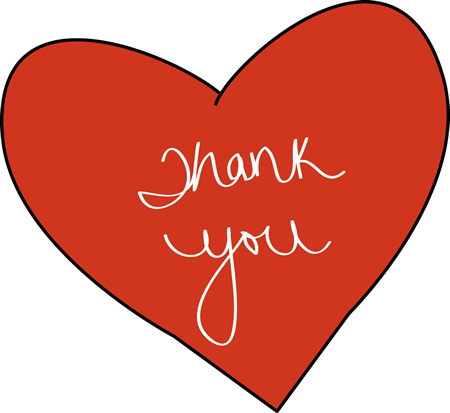
Elizabeth is a Young Adult author and her debut novel, THE TRAGEDY PAPER, is available now from Alfred A. Knopf! She is represented by Uwe Stender of TriadaUS.

Connect with Elizabeth . . .
Website
Goodreads
Twitter
Facebook
Get THE TRAGEDY PAPER on Amazon or B&N

QUERY
What advice would you give to querying writers?
The best advice I can give is to try not to feel discouraged with each rejection, and don’t ever give up. I have not admitted this too many times, but I queried about 50 agents before I connected with my amazing agent Uwe Stender. Most of those 50 rejected my work pretty quickly, a handful were initially very interested but then fell away, and one or two were still lingering when I signed with Uwe – so there is the chance they might have offered representation. But that number isn’t even the point – it could be 100 or 150 – and the thing querying writers should try to keep in mind is that it takes only one person to fall in love with their work. That leads me to my next bit of advice. When choosing an agent, it is so important to try to find someone who sees you as a writer with a whole career ahead of you, not just one book that, if it doesn’t sell right away, he or she will drop you. I didn’t even realize how important this was when I was trying to find an agent – I was so eager to just find one! But I was lucky enough to sign with someone who believes in my work so much that if we hit a bump in the road with one project, he gently nudges me toward another one, all the while promising to never give up.
What resources and websites did you use when querying?
The one resource I used (other than asking EVERYONE I knew for help!) is the website agentquery.com. It is an amazing resource that tells you what type of writing each agent is looking for, and if they are accepting new clients at the time. That is how I found my agent. I always think it is smart to tell an agent you are reaching out to where you found his or her name – whether it was through a friend or through a website. A lot of people don’t do that, but I think agents appreciate that and it takes away some of the mystery.
SIGN
Did you sign as a client of a career agent or on a book-by-book basis?
This goes back to my point above – I signed as a client with the hope that my agent would help with my writing career, and not just with one book. As it has turned out, that has definitely been the case, and for me that has made all the difference. At the time, I would have done it either way because I was so eager to get my book out there. I don’t think I even realized how important that distinction can be. For me, it would have been a mistake to sign on a book-by-book basis and I am so glad I didn’t have to make that choice. I think it is much better to be taken on as a writer and not just that one book you are focusing on at the moment.
What is the revision process like between you and your agent?
I am choosing this question, but sort of combining a few others in my answer. What I really want to address is how hands-on my agent is – with the editing, revising, and even brainstorming phases of my writing. He is VERY involved in all those stages, but also leaves me alone if I want to be left alone. I feel very lucky to have such a perfect give and take – again, something that I didn’t even know to ask about when deciding to sign with my agent. At different times during the writing of my draft I will ask him to read it. Usually he’ll say – great, keep going. Sometimes he will carefully steer me in another, much-needed direction!
SUBMIT
Do you see the feedback from editors?
Yes! At least I think I see all of it. My agent cuts and pastes the note from the editor into the email he sends updating me on the status of a submission. Actually, in that case it is almost always a rejection because if there is good news he calls! But I find that feedback from the editors very helpful. It is often more positive than I would expect from a rejection, but it is usually very thoughtful.
What do you suggest a writer does while out on submission?
Something I don’t do enough but try to – write the next book or project and try not to think about it! You know what they say about a watched pot…
How much contact do you have with your agent when you are out on submission?
Now that we’ve been working together for seven years, I know that my agent will contact me immediately if there is any news. When I can’t stand it anymore and ask him how long he thinks it will be, or if he has had contact with the editor, he is always reassuring. But I have come to realize that no matter how many times I ask him, there is nothing he can do to speed up the process. Still, if I am anxious I do reach out to him, and he is always willing to talk me off that ledge.
Thank you, Elizabeth!
Want more?
*See other Query. Sign. Submit. interviews.*
*Read inspiring stories of writers getting agents*
*Find out about agent-judged contests.*




















